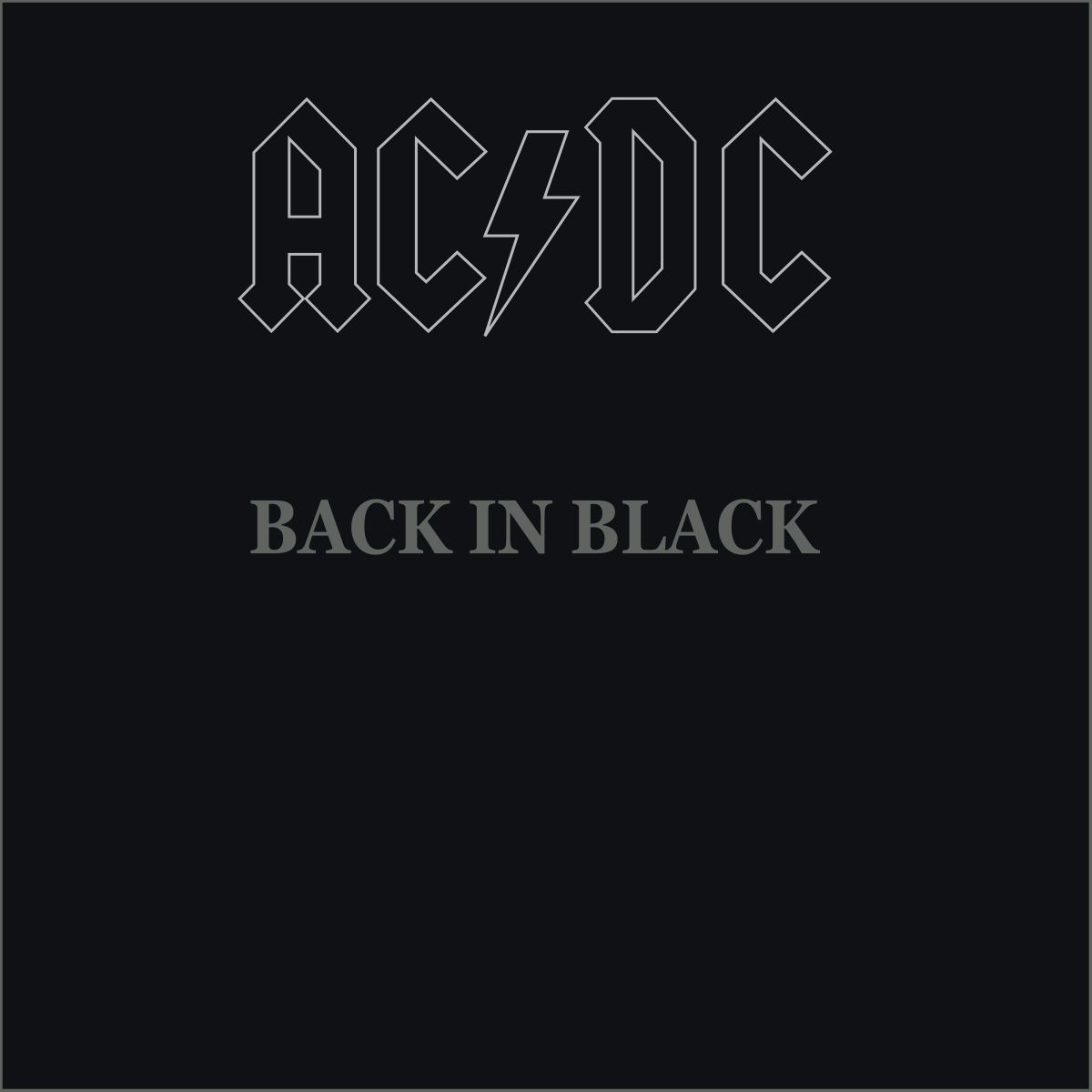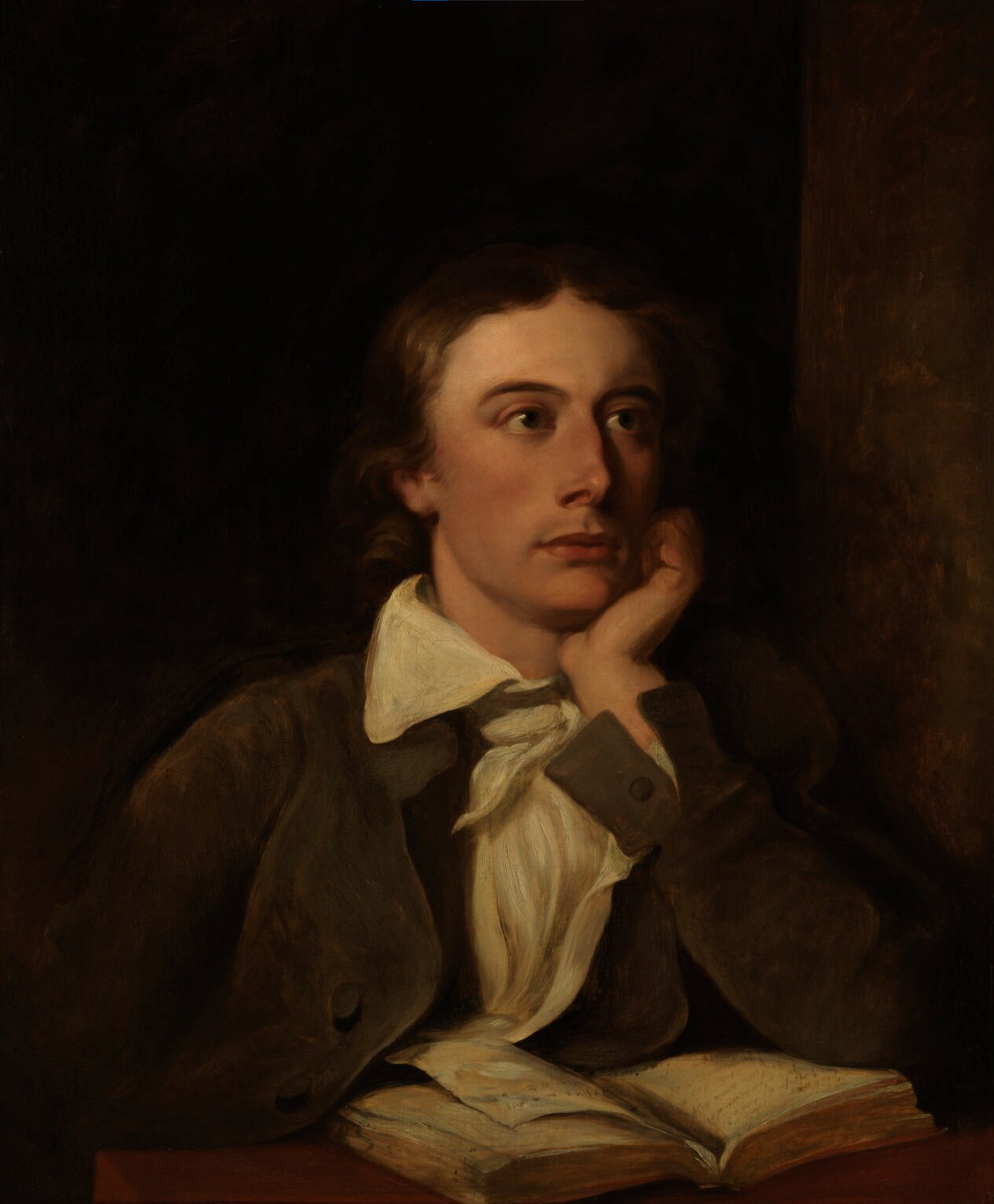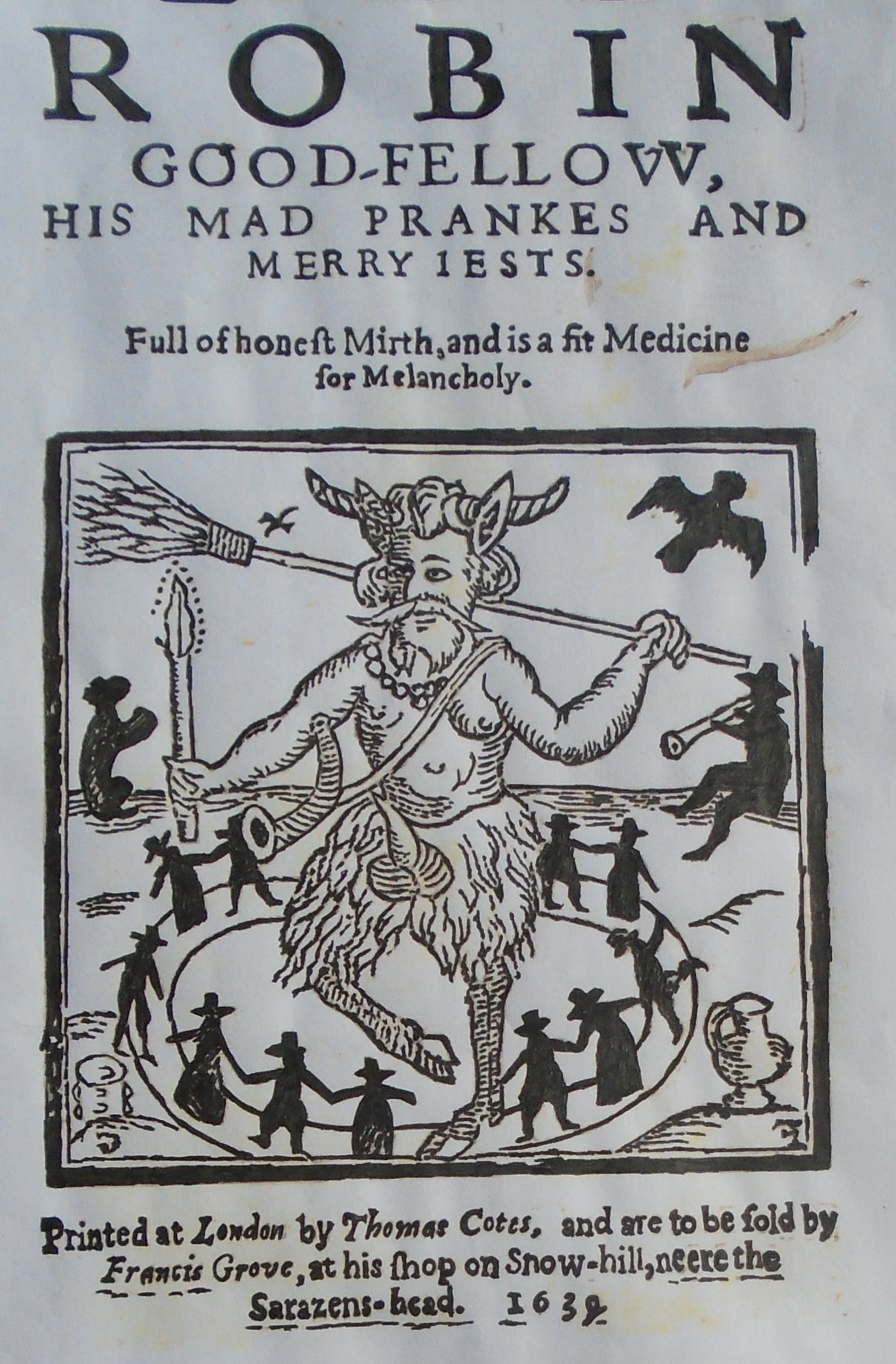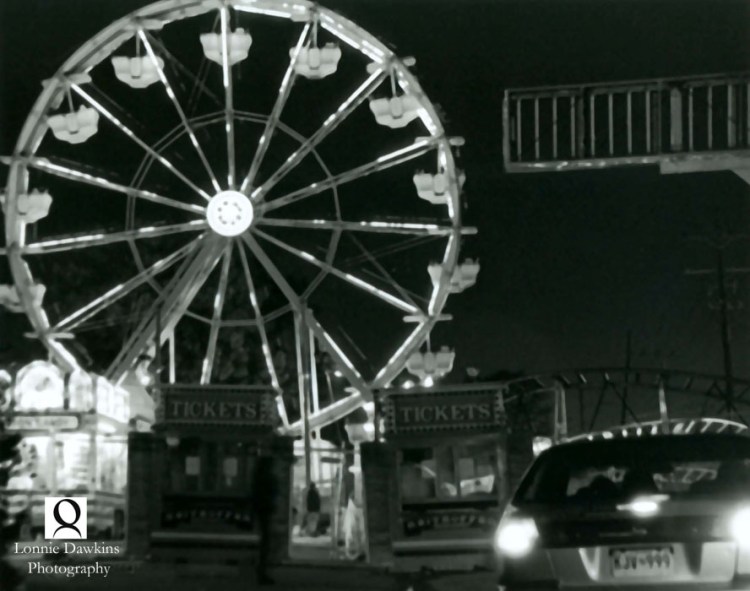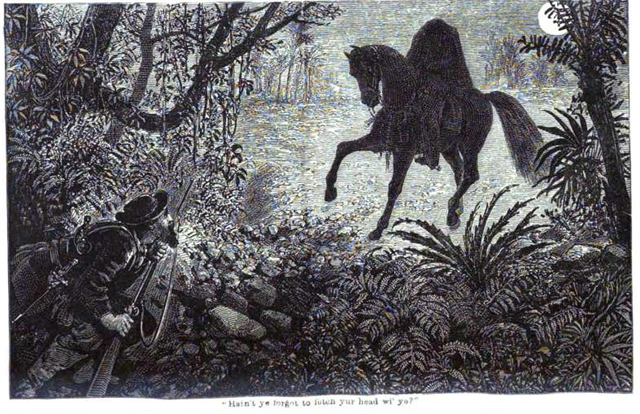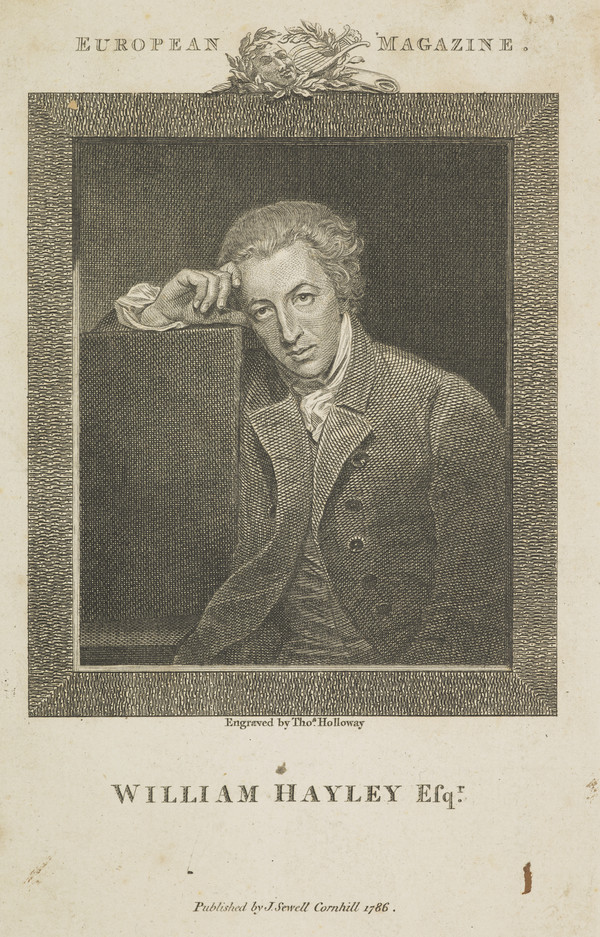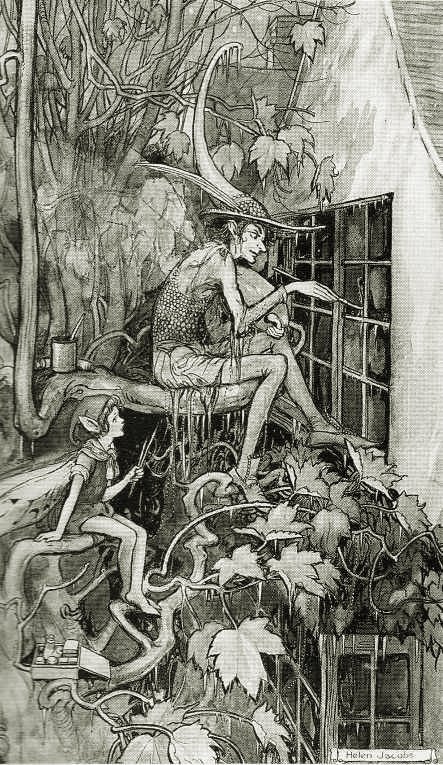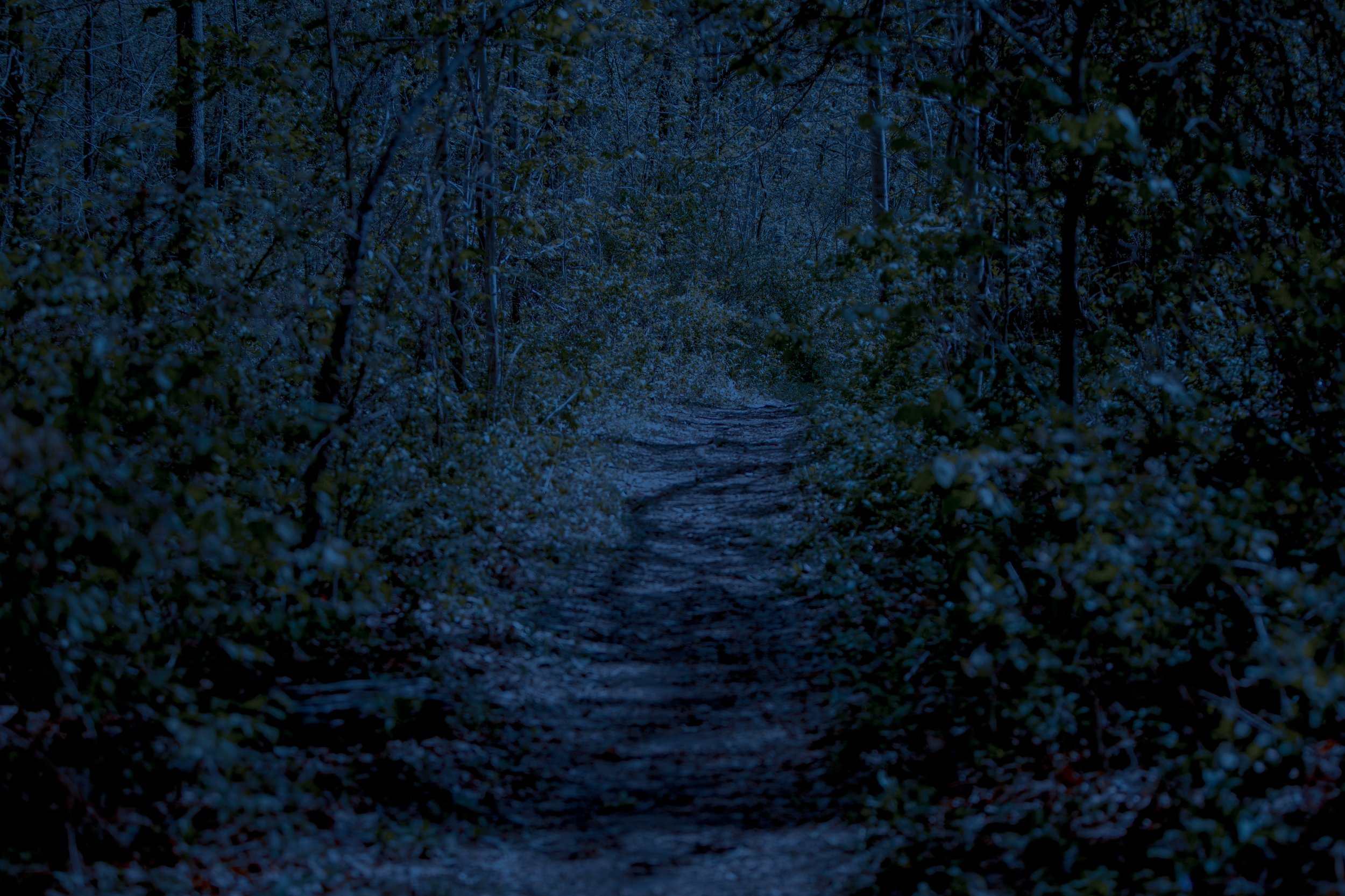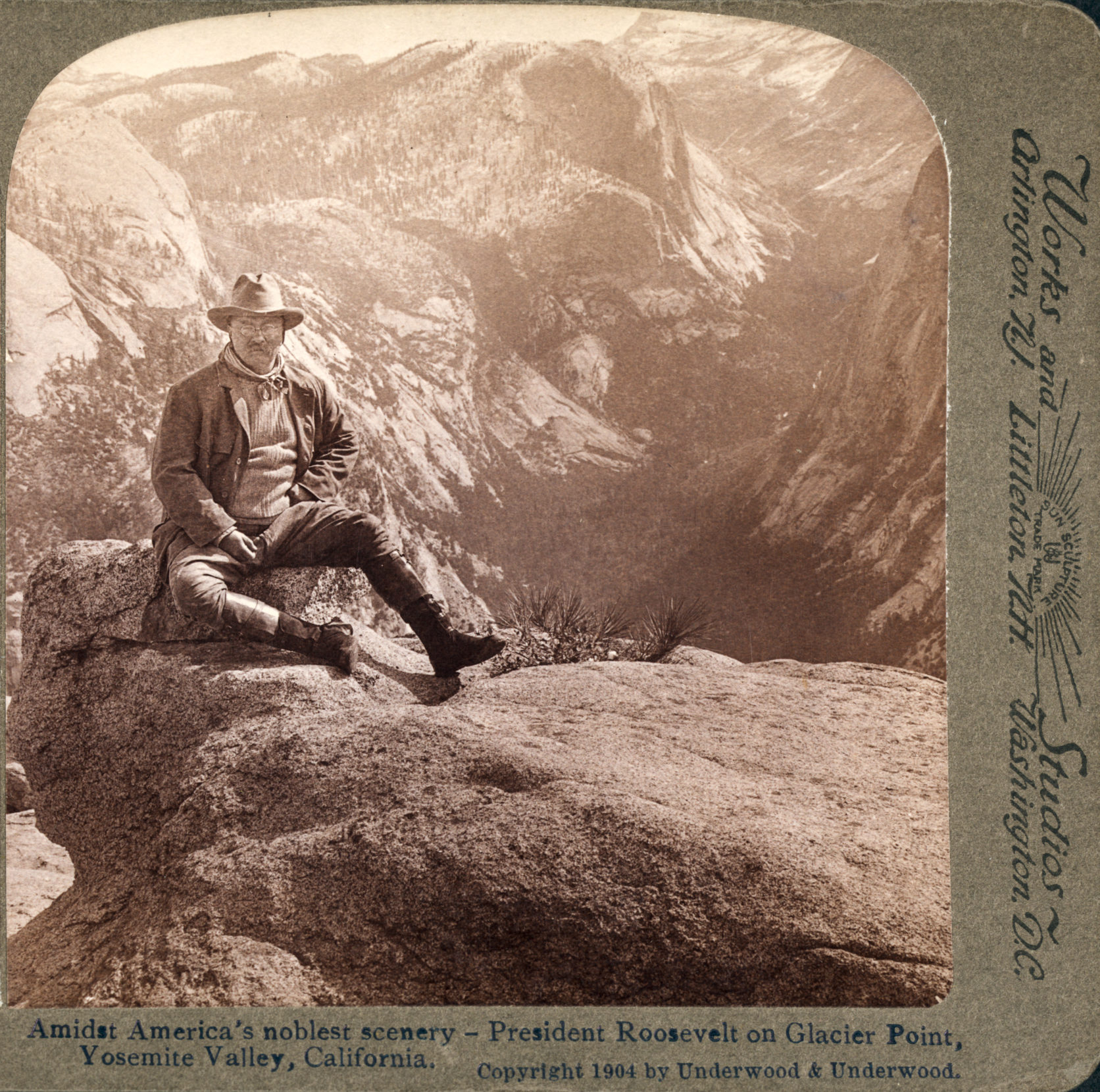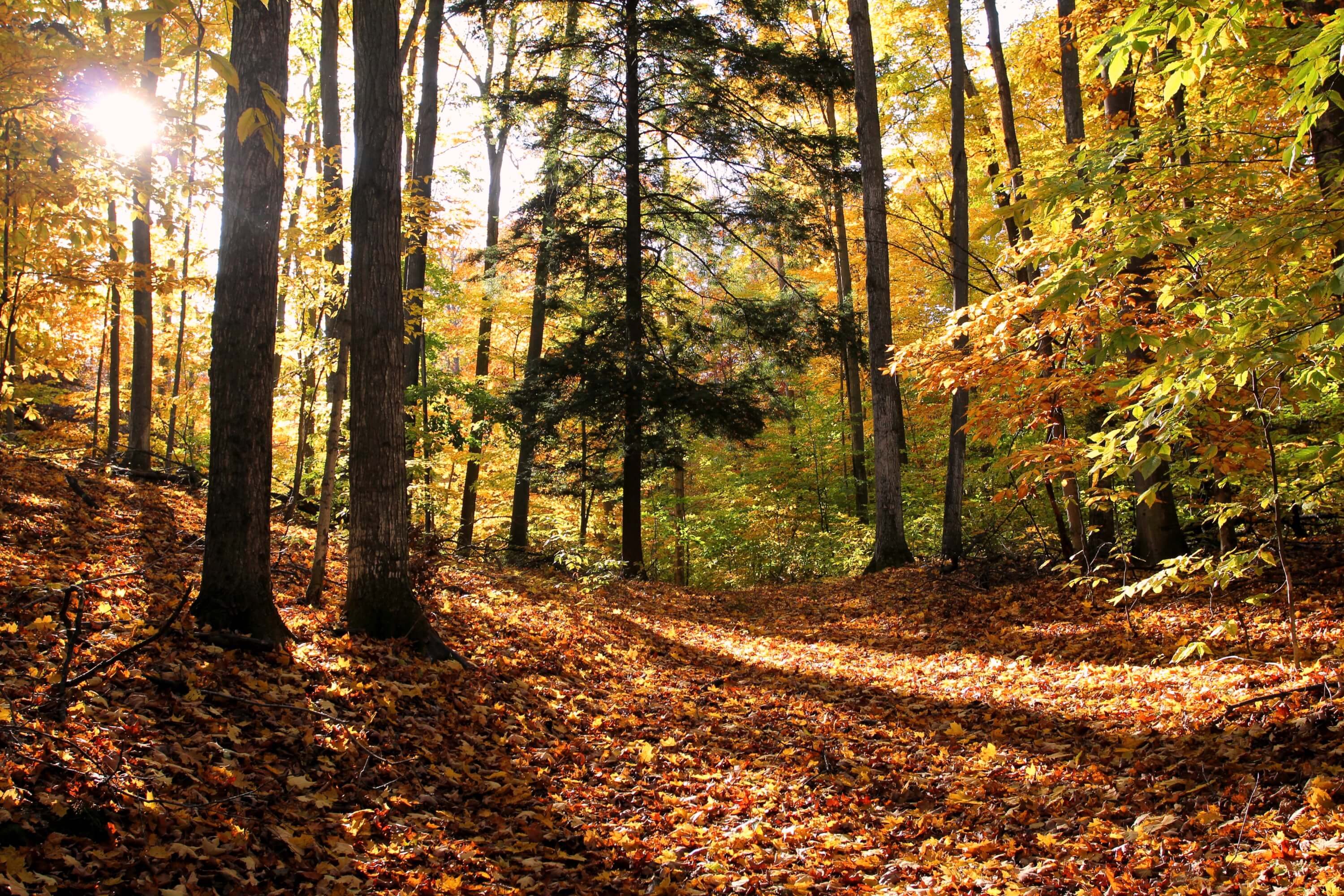THE HERMIT'S DOG
Of dogs who sav'd a living friend,
Most nobly, ye have read:
Now to a nobler still attend,
A guardian of the dead.
As o'er wild Alpine scenes I stray'd,
Not far from that retreat,
Where Bruno, with celestial aid,
First plann'd his sacred seat.
An anchorite of noble mien,
Attracted my regard;
Majestic as that savage scene,
Or as a Cambrian bard.
He to no silent dome belongs,
The rock is his domain;
It echoes to his nightly songs
Devotion's lonely strain.
His mansion is a tranquil grot,
Form'd in the living stone:
My view of the sequester'd spot,
I owe to chance alone.
For happening near his cell to rove,
Enamour'd of the wild;
I heard within a piny grove
What seem'd a plaintive child.
The distant cry so struck my ear,
I hasten'd to the ground,
But saw surpris'd, as I drew near,
The author of the sound.
No human form, yet one I thought,
With human feelings fill'd,
And from his tongue, by nature taught,
Strange notes of sorrow thrill'd.
Unseen myself, I clearly saw
A dog that couchant moan'd;
He struck the hard earth with his paw,
Then look'd at Heaven, and groan'd!
With silent caution I drew near,
To mark this friend of man,
Expressing grief in sobs so clear,
It through my bosom ran!
The noble beast was black as jet,
And as a lion large;
He look'd as on a tombstone set,
To hold the dead in charge.
Grand was his visage, round his neck
Broad silver rings he wore;
These rings, that his dark body deck,
The cross of Malta bore.
I gaz'd, but soon my steps, tho' soft,
Announced a stranger near;
The brave beast bounded up aloft,
Nor was I free from fear.
But soon his master's voice represt
And call'd him to his side:
And soon I was the hermit's guest,
He was my guard and guide.
My own intrusion to excuse,
The wond'rous dog I prais'd,
Whose milder mien my eye reviews,
Delighted and amaz'd!
"If I disturb thy calm retreat,
Divinely calm indeed,
The noble servant at thy feet,
May for my pardon plead."
"That noble servant in my sight
Whom strength and grace adorn,
Announces, if I read aright,
A master nobly born."
The sire replied, with graceful bend,
"No not my servant, he!
A noble independent friend,
He deigns to live with me!"
"But, stranger, if you kindly rest,
His story you shall hear,
And all that makes my sable guest,
Most singularly dear."
"Here it has been my chosen lot,
Some awful years to spend!
Few months have pass'd, since near this spot
I gain'd this signal friend."
"This friend, with whom to live and die,
Is now my dearest aim;
He likes the world no more than I,
And Hero is his name."
"Some two miles off, as near a wood,
Of deepest gloom I stray'd;
Struck by strange sounds, I wond'ring stood,
They echoed from the shade."
"First like a noise in troubled dreams,
But soon distinct I heard,
A dog's triumphant bark, and screams,
That spoke a dying bird."
"A bird of loud portentous note,
One of the vulture race,
Which shepherds will to death devote,
In sanguinary chace."
"I thought some shepherd's joy to share,
And hurried to the sound:
To what I had expected there
Far different scene I found."
"A man, of blood-bespotted vest,
I saw upon the earth;
And Malta's cross upon his breast,
Spoke him of noble birth."
"Misfortune long had press'd him sore;
I know not how he died;
He had been dead two days or more,
When I his corse descried."
"Him, as their prey, two vultures seek,
With ravenous rage abhorr'd;
But Hero guarded from their beak,
The visage of his lord!"
"When first my eyes on Hero glanc'd,
One vulture he had slain:
The second scar'd as I advanced,
Flew off in fearful pain."
"Enchanted with a guard so brave,
So faithful to the dead:
The wounded dog to soothe and save,
With beating heart I sped."
"He lick'd my hand, by me carest,
But him with grief I saw
Half famish'd, and his gallant breast
Gor'd by the vulture's claw!"
"Tho' anxious o'er his wounds I bend;
By kindness or by force,
I could not tempt this generous friend.
To quit the pallid corse!"
"The body to my cell I bear;
This mourner with it moved;
Then he submitted to my care,
And all my aid approv'd."
"In the soft stone, that's near my cell,
I soon entomb'd the dead;
With stone above I shield him well,
And laurels round I spread."
"Oft to the spot with mournful praise,
The mindful Hero springs,
And in such notes, as he can raise,
A requiem he sings."
"Dear faithful dog! if man to me
Had half thy virtue shewn,
From social life I should not flee,
To roam the wild alone!"
"No! not alone, nor yet in woe,
While here thy virtues shine,
For I defy the world to shew
Associate like to mine!"
The dog, he now press'd to his heart,
Then utter'd this desire;
"Stranger if thine a poet's art,
Let Hero wake thy lyre!"
His wish was kind--may love so true.
Ne'er want its wishes long:
Thus from his fond suggestion grew,
This tributary song.


